Otaru Ski Museum

Beez Neez now Chy Whella
Big Bear and Pepe Millard
Wed 18 Oct 2017 22:17
|
Otaru Ski
Museum
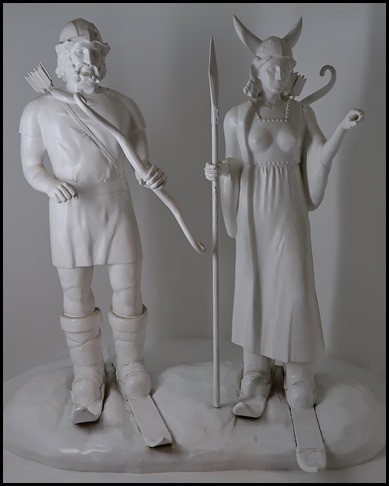 We have a cup of tea at the top
station of the Otaru Ropeway and next door is the Ski
Museum, a first for both of us, so in we went. I
hope that woman is careful where she shoves her spear and horns when she falls
over. Oh, it’s going to be one of those visits is it ???. Just saying. Yes dear.
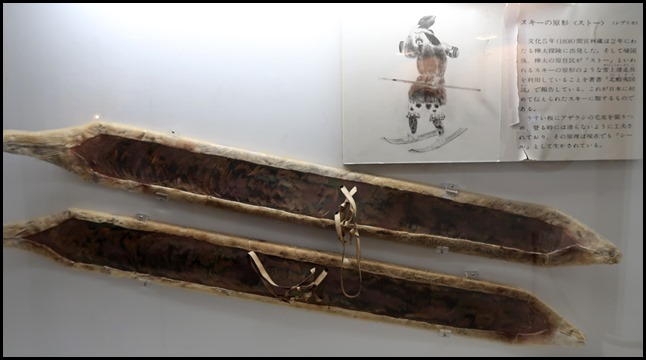 An old pair
but no English subtitles.
 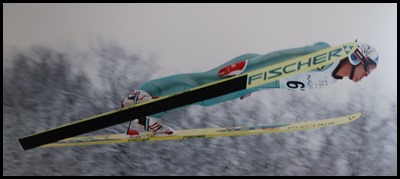 A newer
pair won by someone who looks impressive in 1988.
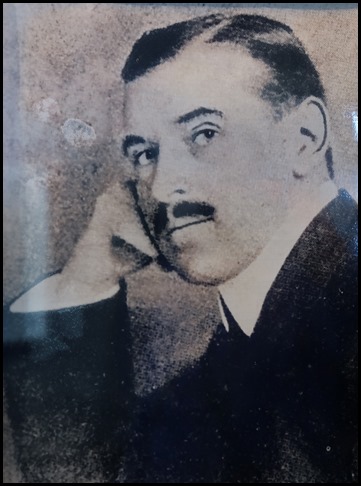 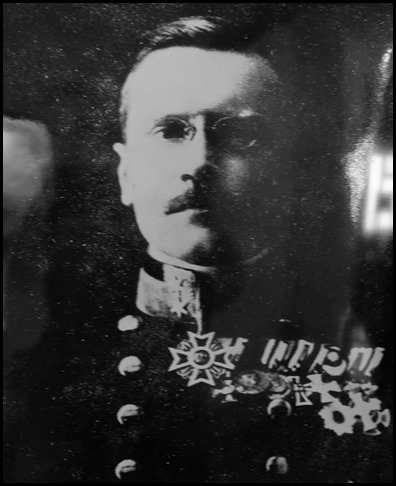 Hans
Koller (former lecturer at Hokkaido University is regarded as the first
person to introduce skiing to Japan. Theodor Edler von
Lerch taught skiing techniques in Japan for the first time. With this
chap Bear creased over and got wet-eyed laughing. Why ??? A man called Lerch teaching Japanese people how to
balance. I move on.
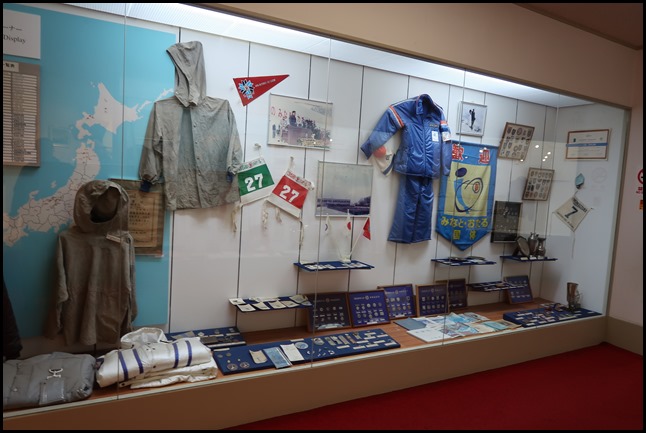 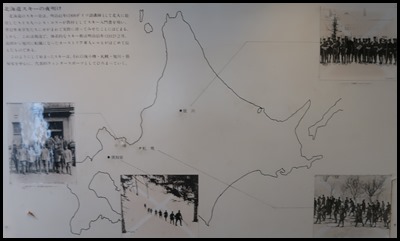 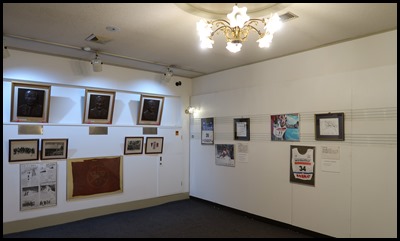 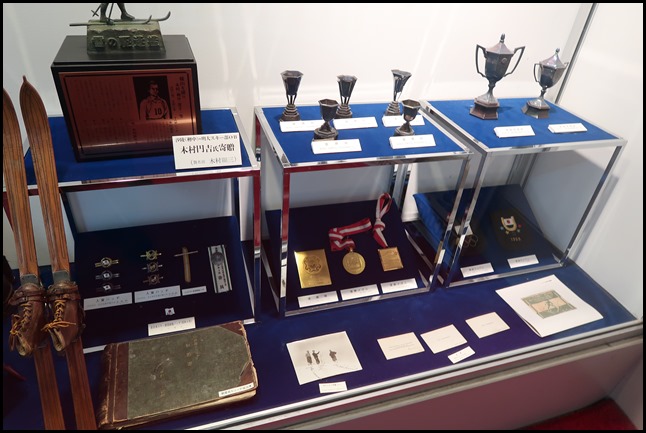 It’s fun looking
at stuff and not having to read anything.
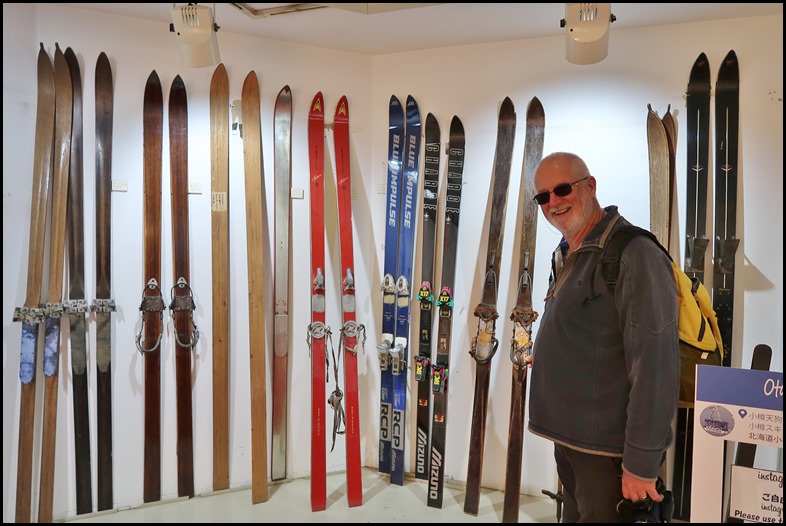 This is a
collection of skis. I think it may be a very long day
though......
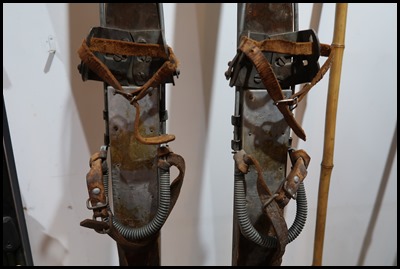  These are old
attachments and these are newer. You know when I said it was fun not
having to read anything, that wasn’t a queue for you to put in a commentary.
Just helping. Thank you.
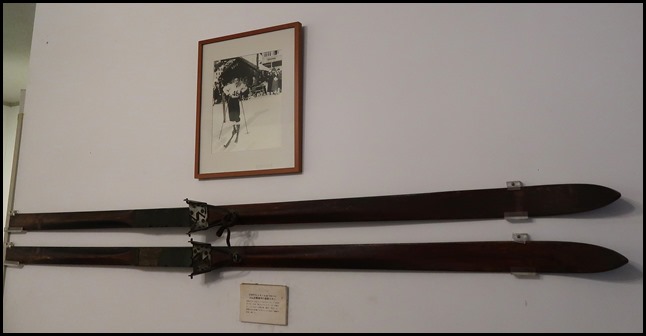 Now, these are
old. Mmmm.
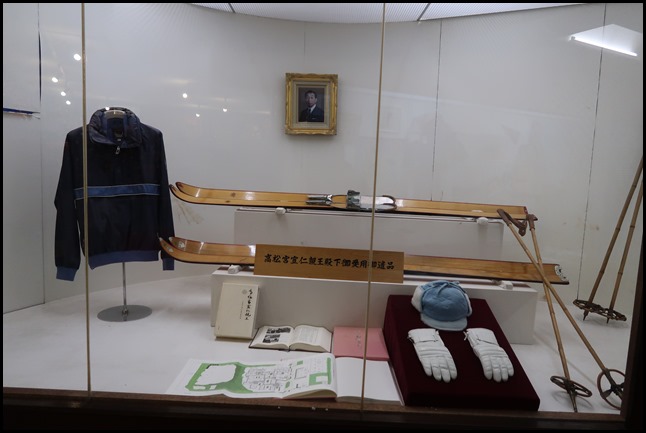 Somebody
important wore these clothes and that’s him at the back. Let’s move
into the next room. OK (I wish he didn’t sound so bright and cheery
sometimes).
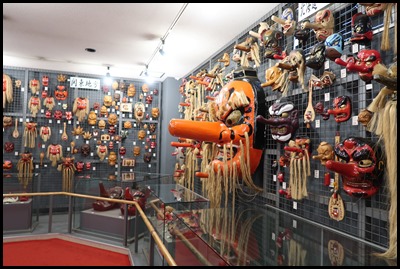 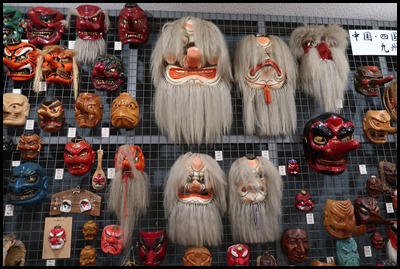 These are not skis,
I think you’ll find.
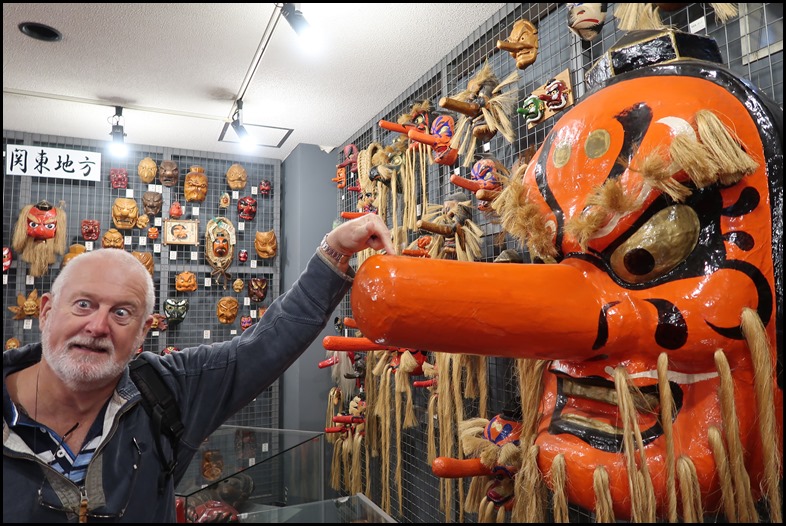 You better pose, he’s called Tengu. Oh dear. That’s a face that will frighten old ladies
and small children, the trigger finger.........
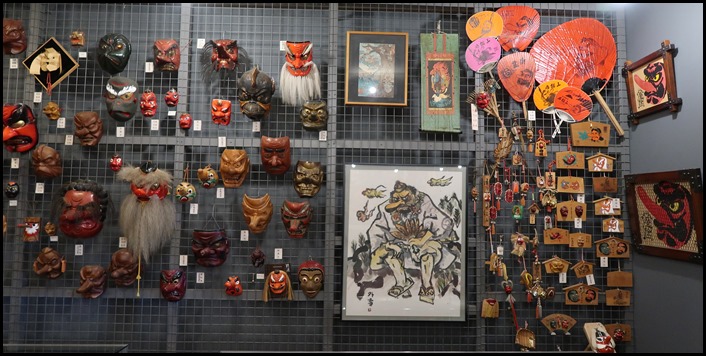  Perhaps it was easier when we didn’t
have something to read.
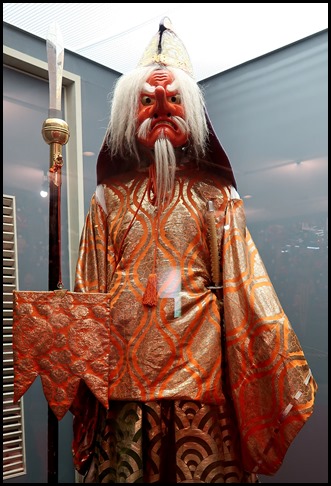 Tengu’s origins and history is
complex. Since ancient times Tengu have been
conceived as gods (kami), goblins, ghost, or yokai (supernatural beings). In
Japanese mythology, the grandson of Amaterasu, the Sun goddess, named
Ninigi-no-Mikoto, descended to Earth from Takama-ga-hara, a place known as home
of the kami. Then, Sarutahiko-no-kami, the leader of the earthly god, greeted
Ninigi-no-Mikoto and led the way as a guide. Sarutahiko-no-kami is described as
a tall man with a red face and a long nose, which is covered with a large
beard. Bear, they are describing you. Huh, I guess
this is called payback.
The appearance of Tengu is also
influenced by Buddhism and Japanese mountain worship. During the middle ages,
Tengu came to be associated, in particular, with the mountain ascetic hermits,
the Yamabushi. Yamabushi are typically dressed inn linen robes, with tokin (a
small black cap) and kesa (monk’s stole). They also carry a conch-shell trumpet
called a horagai and a distinct staff used by Buddhist monks known as a shakujo.
A human-like figure with a red face and a long nose dressed in the Yamabushi’s
costume has become the most typical representation of Tengu. In Japanese
folklore, people also feared Tengu as the god of the mountains. People
attributed any supernatural phenomena to the work of Tengu.
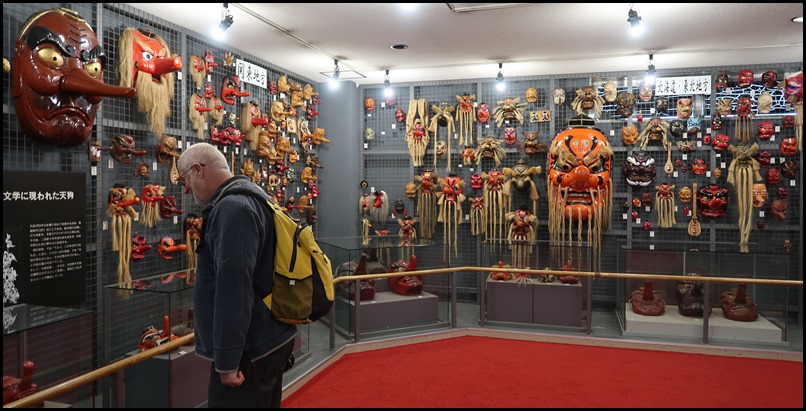 Tengu are believed to have
derived from Sarutahiko-no-kami. Sarutahiko is regarded as the god of guidance
due to the legend above. It is believed Sarutahiko will give blessing to those
who pray for safe travel. It is also believed that the god will answer your
prayers for business and academic success as well as many others, because this
is considered as ‘paving a new path’. The god has been worshipped for more than
800 years in Japan. On the top of Mount Tengu there is a shrine, are we going to look. No it’s too cold.
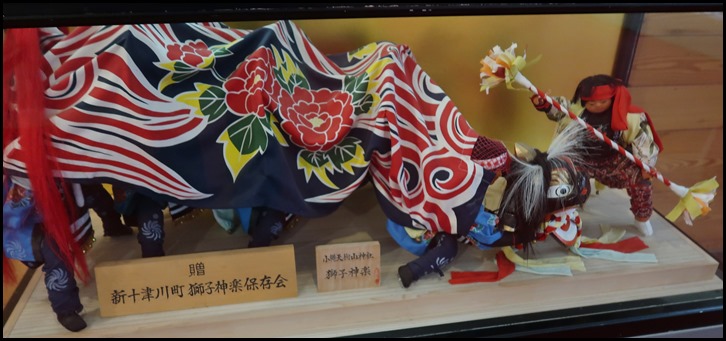 This one doesn’t have any writing,
shall I fill in ??? No, we are going. Can I have my picture taken with Lerch first ???
Oh OK.
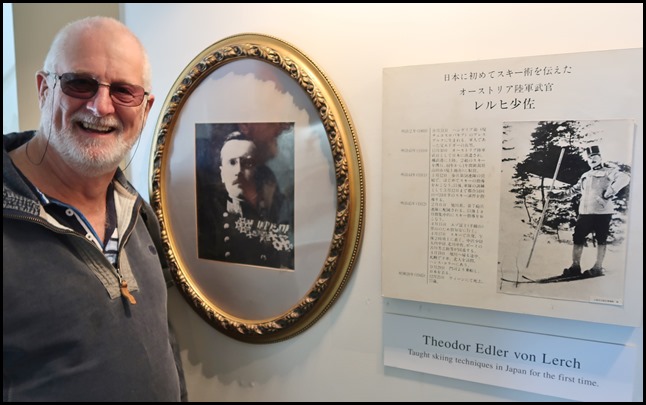 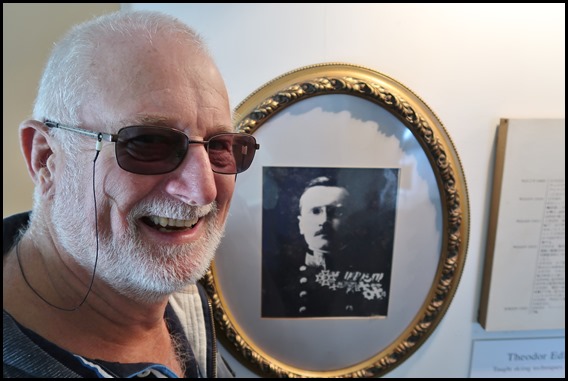 ALL IN ALL ANOTHER
NOVELTY
AN UNUSUAL
FIND |